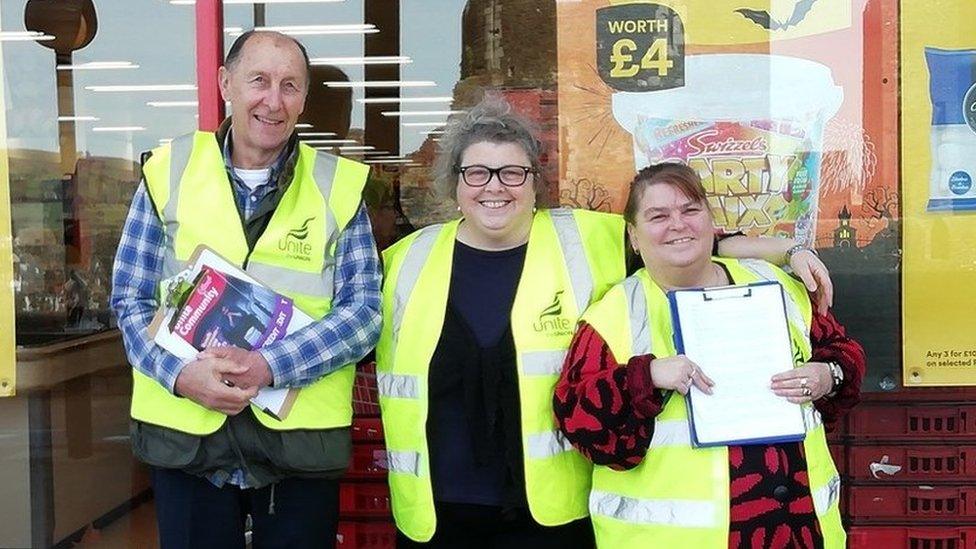Errol Graham death: Starved man's family demand benefits changes
- Published
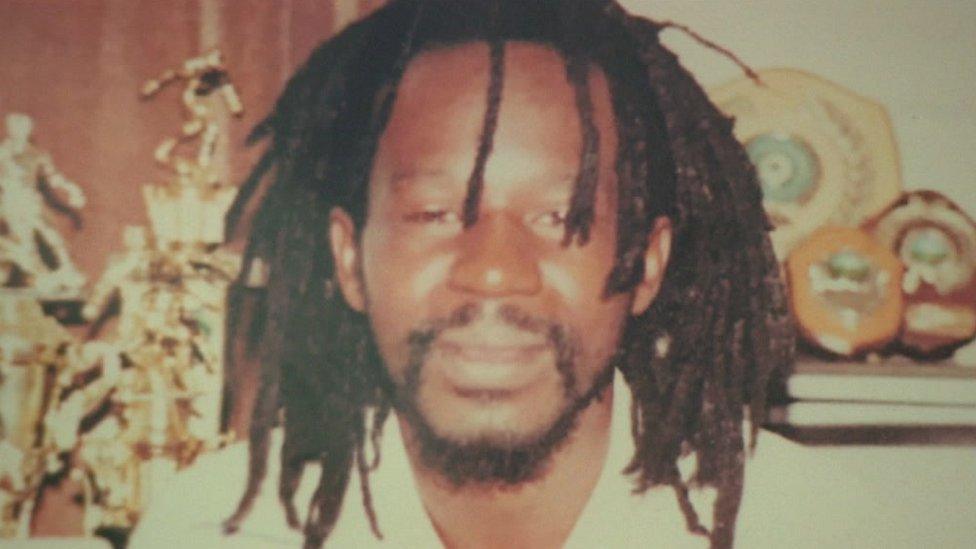
Errol Graham weighed just over four and a half stone (30kg) when he starved to death at the age of 57
Relatives of a man who starved to death after his benefits were stopped are demanding action to prevent future deaths.
Errol Graham's emaciated body was found by bailiffs who broke into his Nottingham council flat to evict him.
An inquest was held eight months ago but the Department for Work and Pensions has not changed its guidelines, as the coroner requested.
The DWP told the BBC it was still "reviewing our safeguarding processes".
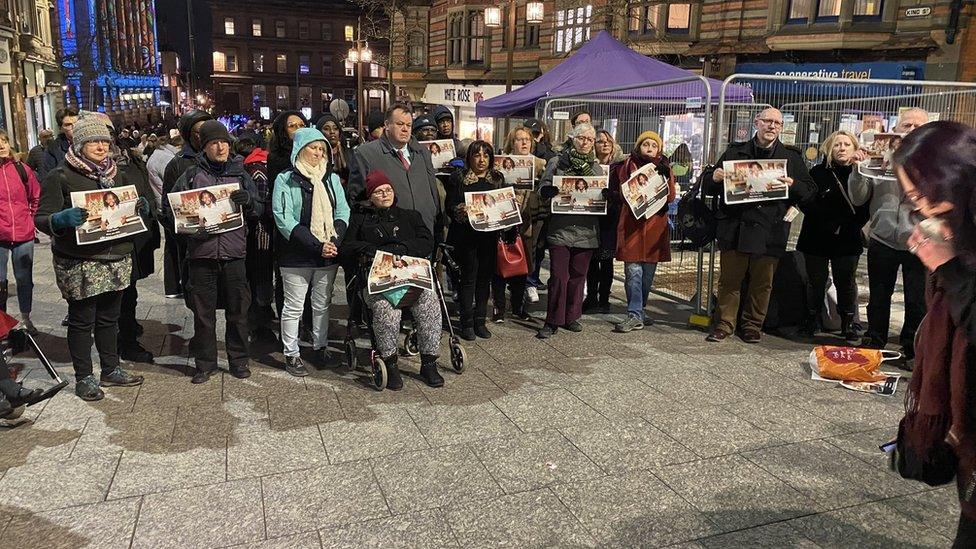
A vigil was held in memory of Errol Graham in Nottingham city centre
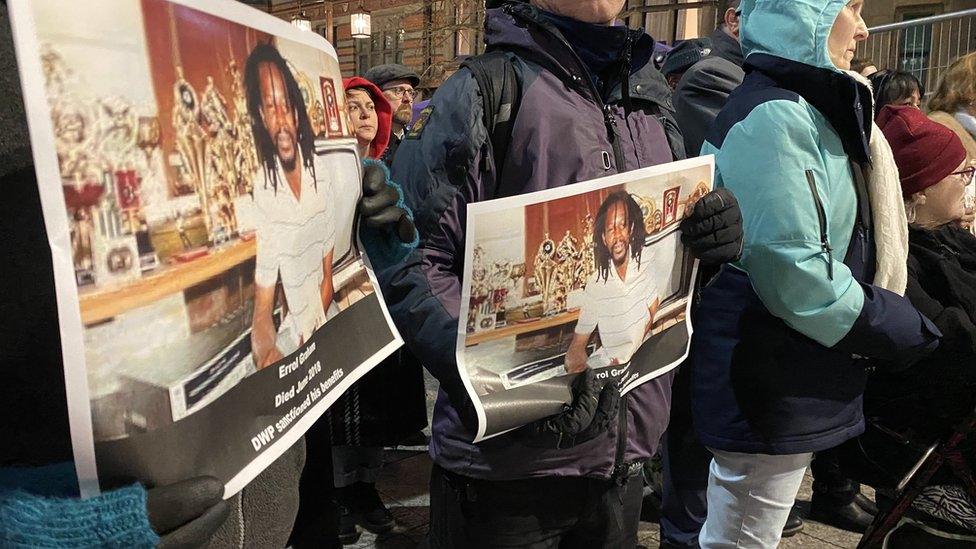
Photos of Errol Graham were held up during a minute's silence
However, Mr Graham's daughter-in-law, Alison Turner, believes urgent changes are needed to prevent other people dying.
"I made it clear to the coroner that I wanted change to happen and it needed to be seen to be happening," she said.
"He died in 2018 - it doesn't take years to review that policy."
"His emaciated body was only discovered when bailiffs broke down his front door"
Mr Graham was found dead on 20 June 2018. His Employment and Support Allowance, external and Housing Benefit, external had been stopped in October 2017 because he had not attended what is known as a Work Capability Assessment, external on 31 August 2017.
The DWP made a telephone call, sent a text, and made two safeguarding visits, but Mr Graham did not respond.
The inquest heard the DWP has no guidance for staff following failed safeguarding visits, and no requirement to seek more information before it stops benefits following failed safeguarding visits.
In her conclusion, the coroner Elizabeth Didcock asked for "robust policy and guidance for DWP staff" to prevent future deaths.
"There must be guidance that ensures all evidence that can reasonably be gathered is put together about a client, before a benefit is ceased," she said.
Mr Graham's family did not know his benefits had stopped as he had cut them off due to his mental health problems. These included long-term depression, and possible acute and transient psychosis.
"I just find it hard that two safeguarding visits means the DWP can wash their hands of him," said Ms Turner.
"Where was your care that you should be providing to these disabled people? You should have phoned the police, you should have phoned social services, you should have phoned a family member, you should have phoned somebody.
"If we'd have got just one phone call this would never have happened. I would have been on the phone to the police, constantly, until they were at that door. I would have demanded they let me in that building."
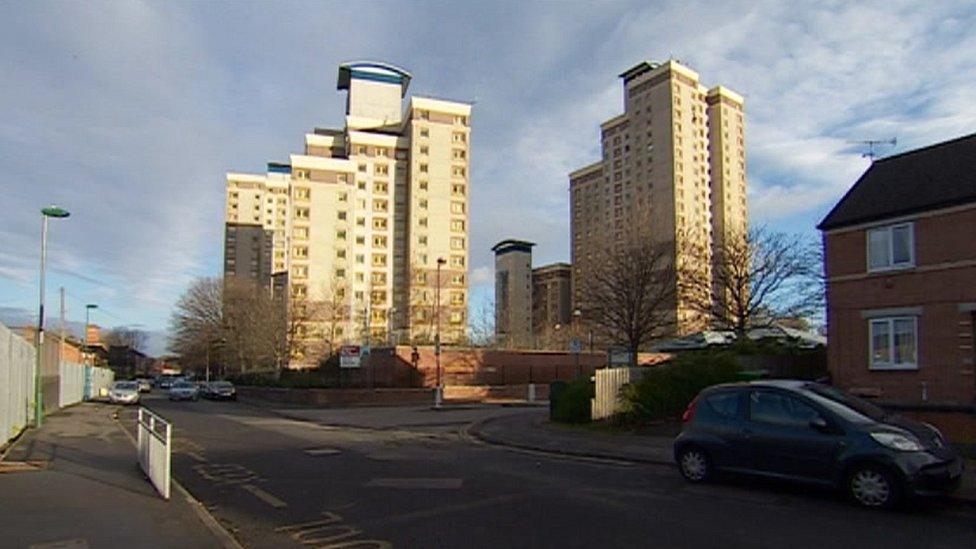
Errol Graham died at his home in Pine View Flats in Radford, Nottingham
The vigil took place at the Brian Clough Statue in Nottingham city centre, close to Nottingham Council House where Mr Graham's inquest was held.
It was held by Nottingham People's Assembly Against Austerity and included a minute's silence for Mr Graham and other people who have died after their benefits were cut.
The DWP said: "We take this very seriously and have referred this to our Serious Case Panel, which includes independent members to help scrutinise and establish any lessons.
"We are reviewing our safeguarding processes as a result of this case and where lessons to be learned are identified, we will implement changes quickly. This work is ongoing."

Follow BBC East Midlands on Facebook, external, Twitter, external, or Instagram, external. Send your story ideas to eastmidsnews@bbc.co.uk, external.
- Published5 February 2020
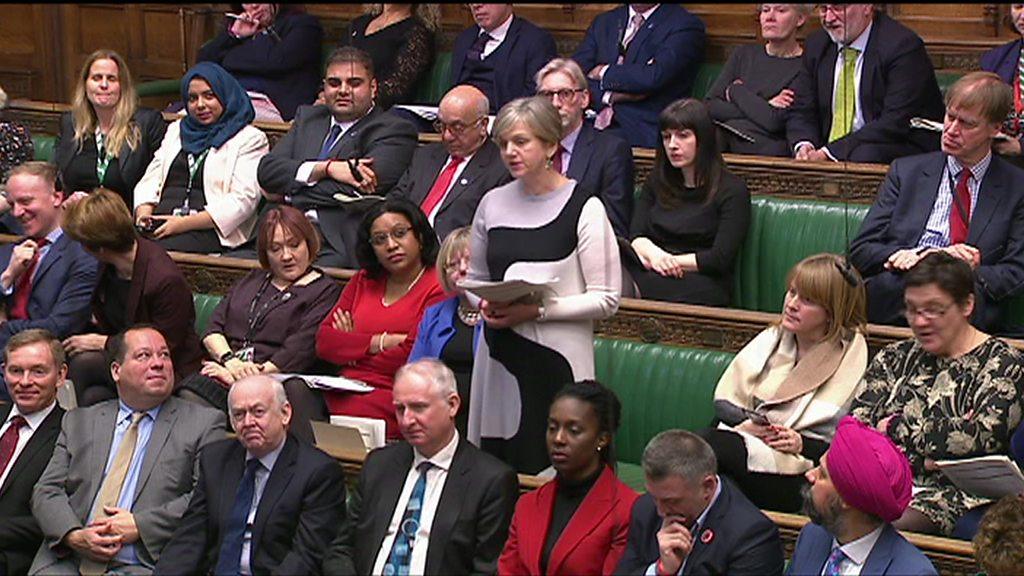
- Published29 January 2020

- Published13 May 2024

- Published10 June 2019
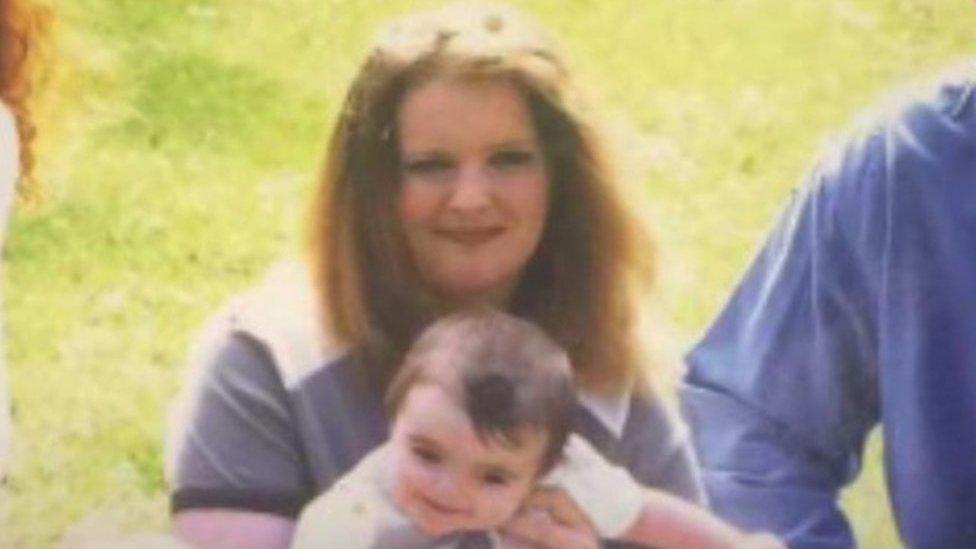
- Published30 December 2019
